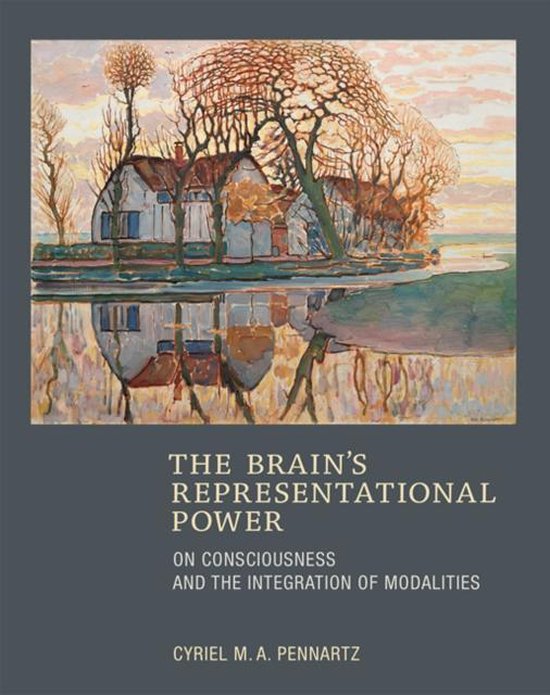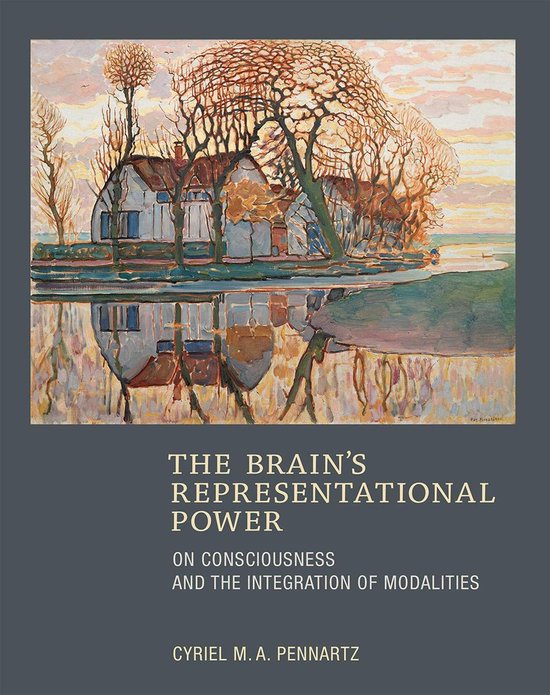
The Brain's Representational Power
A neuroscientifically informed theory arguing that the core of qualitative conscious experience arises from the integration of sensory and cognitive modalities. Although science has made considerable progress in discovering the neural basis of cognitive processes, how consciousness arises remains elusive. In this book, Cyriel Pennartz analyzes which aspects of conscious experience can be peeled away to access its core: the hardest aspect, the relationship between brain processes and the subjective, qualitative nature of consciousness. Pennartz traces the problem back to its historical roots in the foundations of neuroscience and connects early ideas on sensory processing to contemporary computational neuroscience. What can we learn from neural network models, and where do they fall short in bridging the gap between neural processes and conscious experience? Do neural models of cognition resemble inanimate systems, and how can this help us define requirements for conscious processing in the brain? These questions underlie Pennartz's examination of the brain's anatomy and neurophysiology. The perspective of his account is not limited to visual perception but broadened to include other sensory modalities and their integration. Formulating a representational theory of the neural basis of consciousness, Pennartz outlines properties that complex structures must express to process information consciously. This theoretical framework is constructed using empirical findings from neuropsychology and neuroscience as well as such theoretical arguments as the Cuneiform Room and the Wall Street Banker. Positing that qualitative experience is a multimodal and multilevel phenomenon at its very roots, Pennartz places this body of theory in the wider context of mind-brain philosophy, examining implications for our thinking about animal and robot consciousness.
| Auteur | | Cyriel M.A. Pennartz |
| Taal | | Engels |
| Type | | Hardcover |
| Categorie | | Mens & Maatschappij |





